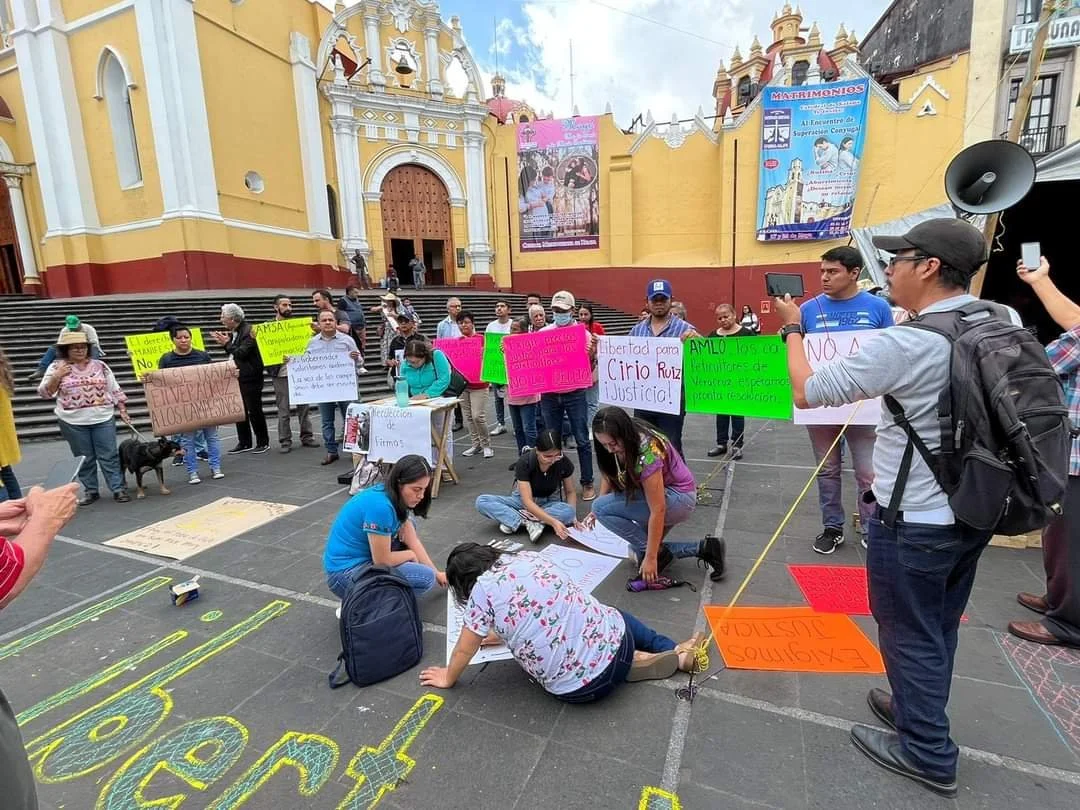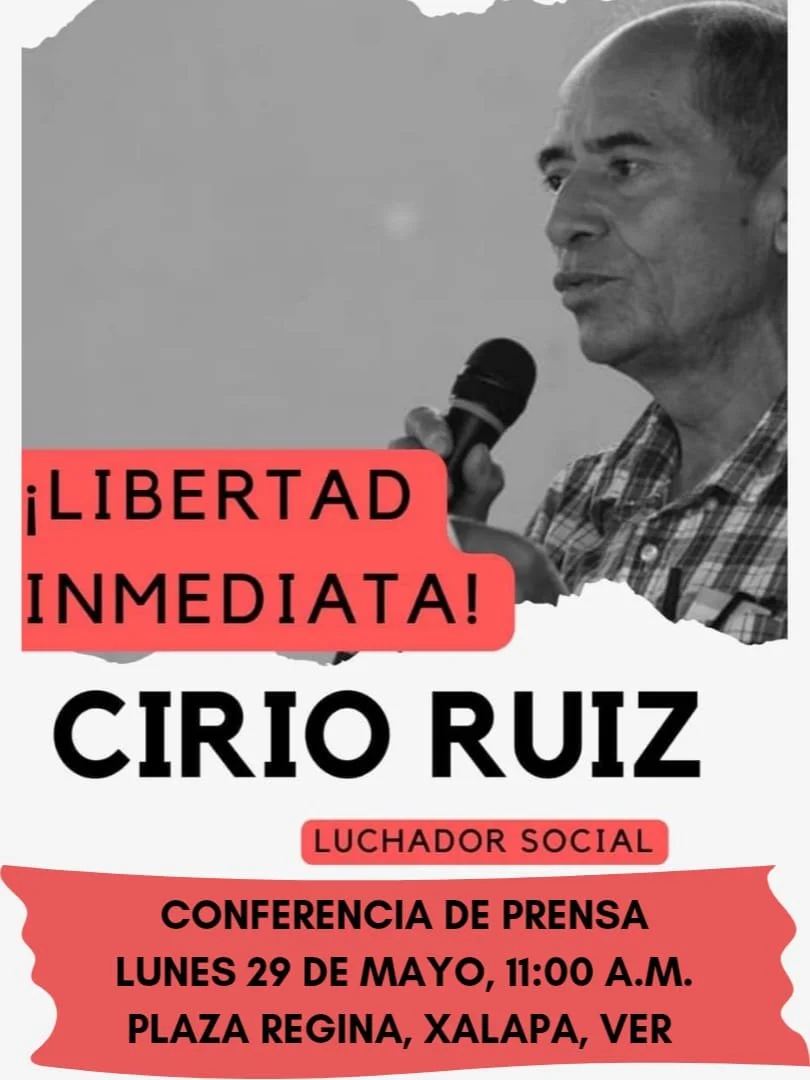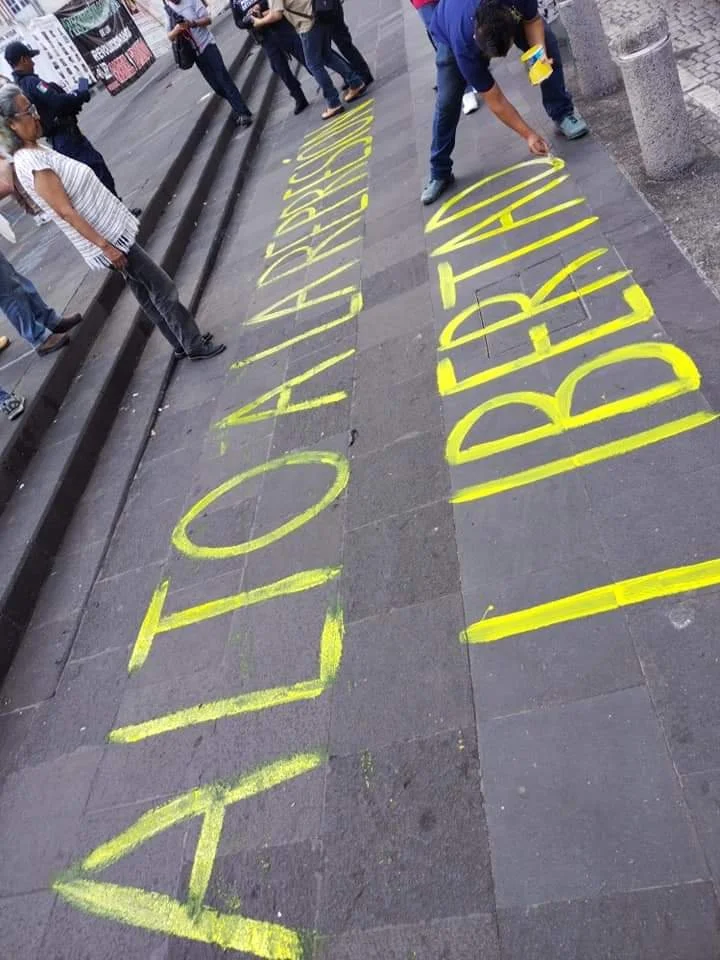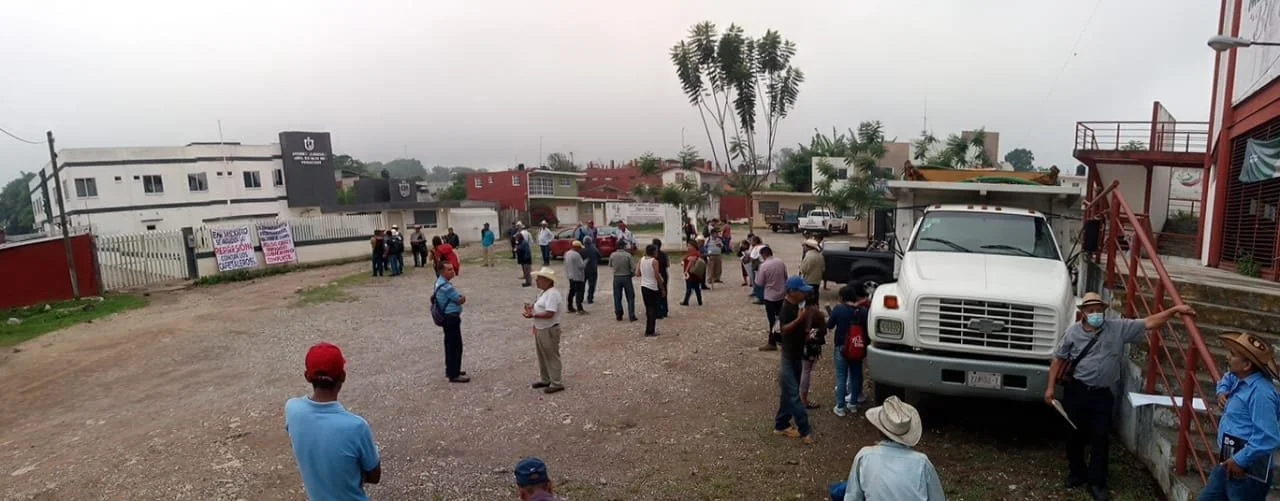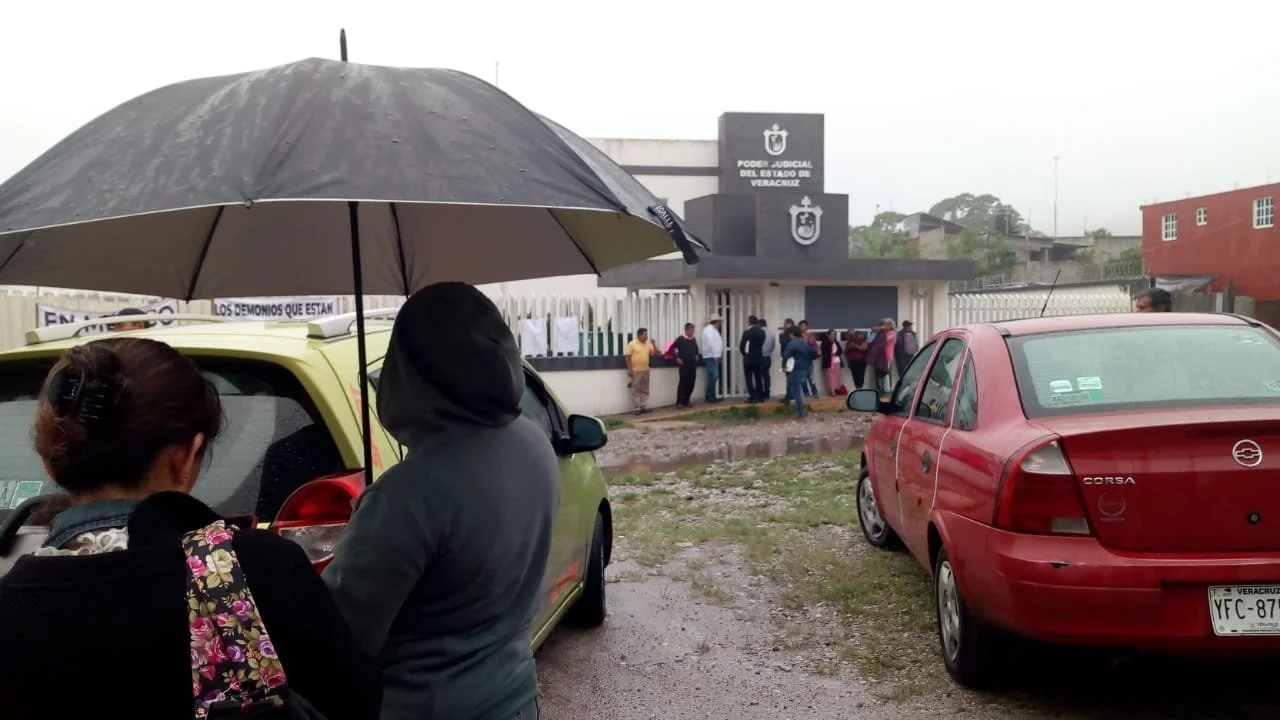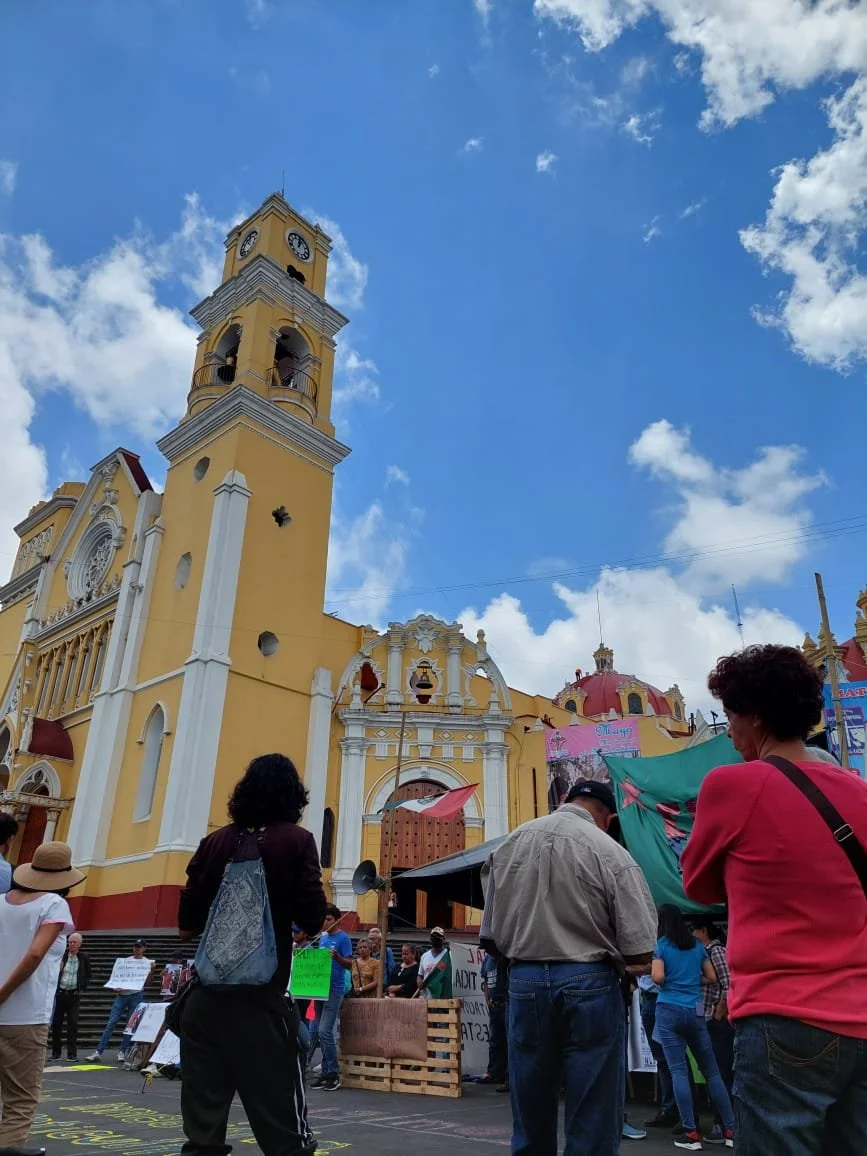Cirio Ruiz Gonzalez
This article was co-authored by Yolo Spinoso and was originally published in Spanish on our new Spanish-language blog, El Tejido. The English translation was provided by Maria Magro.
To know Cirio Ruiz is to know the history of CORECAFECO. He has been part of this council for approximately 40 years. What is CORECAFECO? It is the Coatepec Regional Coffee Council. It is an organization that strives for dignified and fair treatment for coffee workers accomplished through community organization and clean processes, the production of coffee free of agrochemicals. They fight for fairer prices, valuing human and environmental life, taking care of biodiversity and ensuring that the land and water remain healthy.
On June 14, 1982, approximately ten thousand farmworkers mobilized seeking to increase coffee prices, protesting the Mexican Coffee Institute (INMECAFE) decision to promote the sale of coffee benefiting intermediaries rather than the farmers.
By 1989, INMECAFE stopped supporting the coffee growers. An historical crisis was produced for the farmworker’s movement, a crisis that put the stability of coffee agricultural activities at risk.
During the 1990s, the organizational social struggle initiated by CORECAFECO surfaced. Their organization and continuous training allowed agricultural activities to survive various crises, such as the rust plague (a fungus that destroys the coffee plant), as well as the COVID 19 crisis.
CORECAFECO currently promotes sustainable cultivation methods, like edible coffee plantations. These methods include protecting biodiversity, the local flora and fauna, and the integration of native bees. They seek an integral development of the Coatepec coffee region through
participation of small and medium coffee producers.
enhancing their organization.
promoting specialized training.
building connections/community.
taking care of natural resources.
cultivating shade grown coffee.
promoting research regarding coffee production methods.
Behind this noble narrative is Cirio Ruiz González, a farmer from the town of Chavarrillo, Veracruz, one of the leaders of CORECAFECO. He is currently accused of setting fire to an AMSA company warehouse. This event took place during a demonstration against AMSA, protesting their decision to lower the price of coffee cherries from 0.97 USD to 0.63 USD. AMSA is clearly creating a dumping practice in order to eliminate small producers from the market. This means that small producers will not be able to promote their own coffee and, most importantly, will lose their economic, social, symbolic and cultural life.
Expressions of solidarity with Cirio Ruiz González from people in Xalapa and Veracruz and at the criminal court in Huatusco. (Photos: Front Line Defenders)
Dear reader, imagine the following scenario: if a cup of coffee has a value between one and three dollars, how much of this reaches the producer? Are you aware of how much the producer earned for generating the coffee that went into this cup? If you were paid 0.63 USD for every kilo of coffee, how much would you be able to pay the person harvesting it?
For forty years Cirio has been fighting for the harvesters to receive a decent wage for their day's work. If 0.63 USD is paid for each Kilo of coffee, a worker will earn approximately 0.17 USD to 0.34 USD per kilo. It's unsustainable. This dire economic reality is why Cirio has pledged both his life and heart. Today they accuse him of setting fire to a warehouse. Unfortunately, in order to prove his innocence by means of a legal process, he will need to spend two months to a year in jail. I invite you to reflect on this fact over a cup of coffee.


